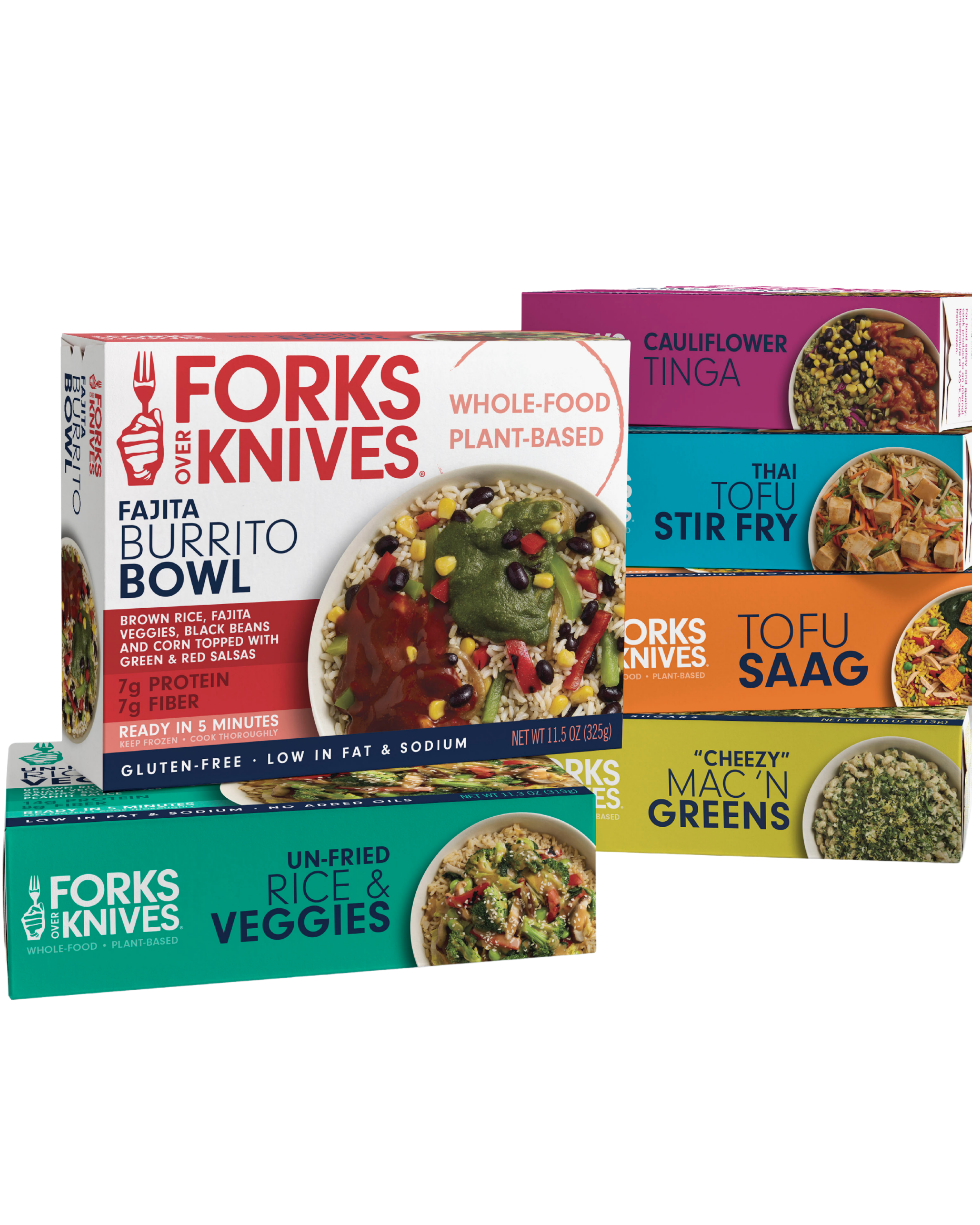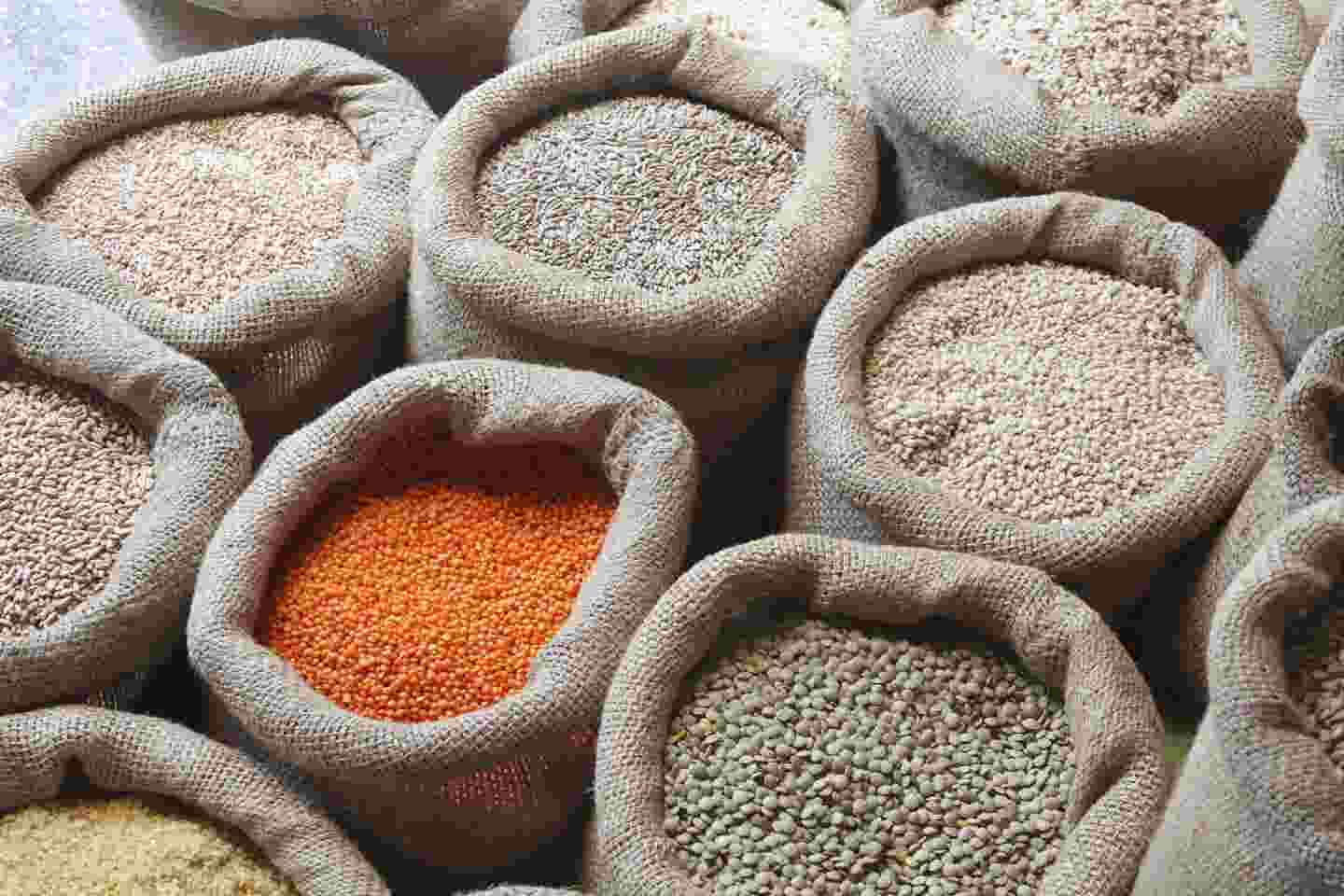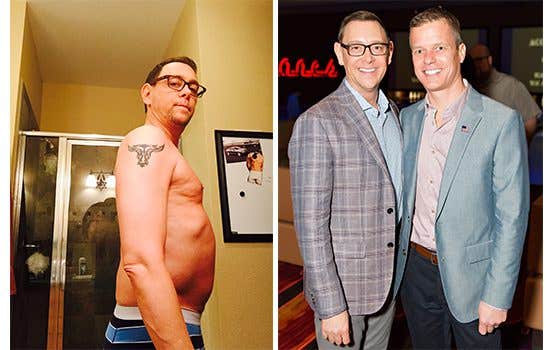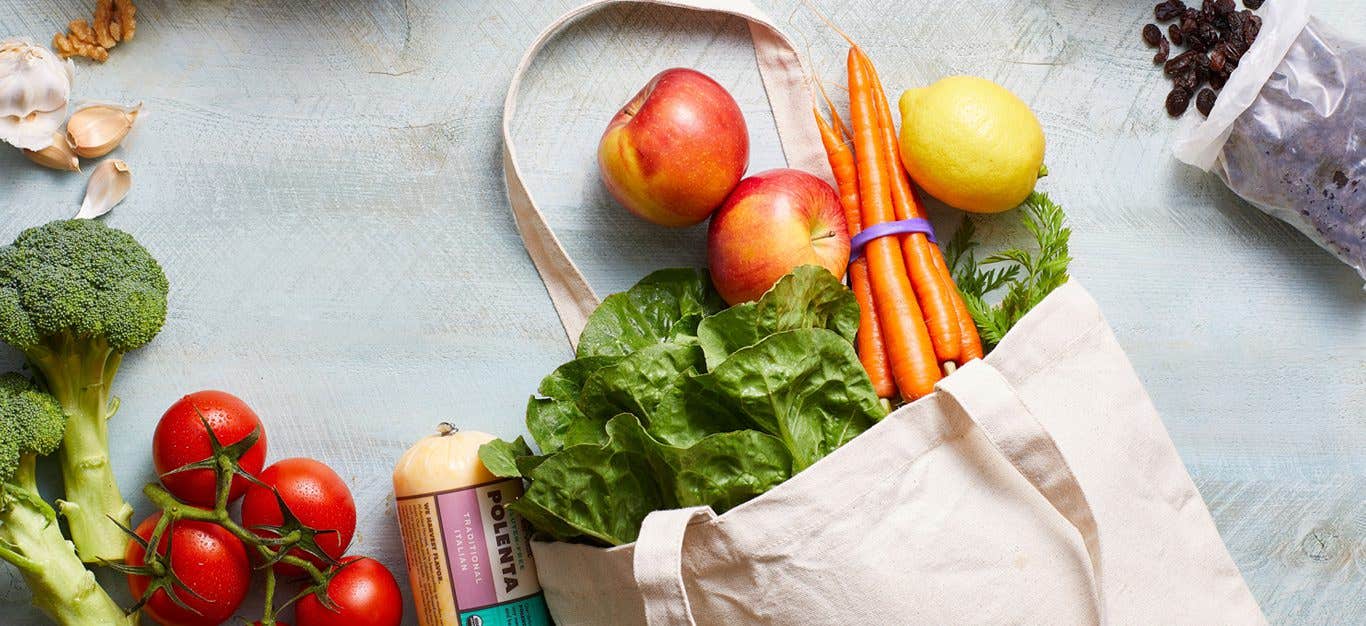Of the trillions of microbes living in your gut, the majority are friendly, helping to absorb nutrients, optimize immune function, prevent disease, and keep bad bacteria in check. You want to have as many of these “good bacteria” as possible. Probiotics offer one way to up your count. Think of them like reinforcements, brought in from the outside in the hopes that they’ll join forces with other beneficial microbes in your gut.
Humans have been consuming probiotics for thousands of years via fermented foods, but over the last century, supplements have emerged to deliver high concentrations of specific strains, such as Lactobacillus acidophilus and Bifidobacterium bifidum. Probiotic supplements are hugely popular, generating $759 million in U.S. sales in 2020. If you’re looking to improve your gut health, you may have considered taking a probiotic supplement—but experts warn against doing so without the guidance of a gut-health specialist.
“[American College of Gastroenterology] guidelines don’t recommend widespread use of probiotic supplements, even for the majority of gastrointestinal conditions,” says Vanessa Méndez, MD, triple board-certified gastroenterologist. She notes that supplements may be helpful in specific instances—for example, to help treat infections or to restore gut microbiota following a course of antibiotics—but in other instances, they may be ineffectual, at best.
In general, Méndez recommends getting probiotics the old-fashioned way: from fermented plant foods, such as tempeh, miso, and kimchi. A 2016 review published in Critical Reviews in Food Science and Nutrition analyzed a number of studies and concluded that for healthy people, probiotic foods appeared more effective than supplements; the researchers posited that this may have to do with a buffering effect of foods to help probiotics pass through the gut.
But all probiotics, whether from food or supplement, will only take up residence in environments that are hospitable to their strain. Otherwise, they’ll act more like tourists. “Consuming the microbes themselves can have a temporary effect,” says Méndez. The real long-term benefit comes from giving your existing beneficial microbes what they need to thrive and multiply. That’s where prebiotics come in.
Prebiotics: Premium Fuel for a Healthy Gut
Most of what we eat is broken down and absorbed in the small intestine, but fibrous nutrients known as prebiotics move on to the large intestine and serve as food for beneficial microbes. As the microbes break down prebiotics, they release biochemicals that carry out important tasks in the body (more on that below).
While only a few types of resistant starch and fiber have been confirmed to be prebiotic, experts expect the list to grow. “Ten years ago, the entire conversation around prebiotics revolved around inulin, so people started focusing on Jerusalem artichokes and asparagus. But we now know that consuming a wide variety of plants is far healthier than only consuming Jerusalem artichokes and asparagus,” says Will Bulsiewicz, MD, MSCI, board-certified gastroenterologist and the author of The Fiber Fueled Cookbook. “I think the important point is that all plants, without question, contain prebiotic fiber.”
Bulsiewicz and Méndez emphasize that probiotic supplements can be useful in certain medically supervised contexts, and probiotic-rich foods can help bring diversity to your gut microbiome—but prebiotic foods are the bedrock of sustainable gut health.
“The great thing about a whole-food, plant-based diet is that you can be consuming both [prebiotics and probiotics],” says Méndez. “Fill your plate with more fiber-rich foods, and you’re going to be feeding a healthy gut microbiome.”
Food manufacturers are hip to the growing interest in prebiotics. The next time you’re at the grocery store, you’ll likely spot granola bars or sugary cereals sporting claims about prebiotics on their labels. Don’t buy it. “They're still ultraprocessed foods,” explains Bulsiewicz. He instead advises choosing dietary fiber “in its native state”—i.e., whole plant foods.
What Are Postbiotics?
One of the most exciting developments in the gut-health world is the discovery of postbiotics: short-chain fatty acids (SCFAs) and other biochemical byproducts that gut microbes release as they consume prebiotics. SCFAs such as butyrate, acetate, and propionate carry out important functions throughout the body, reducing inflammation and insulin resistance, killing cancer cells, and maintaining the integrity of the intestinal barrier. They also appear to help synthesize neurotransmitters and influence the brain in other profound ways.
“For a long time, we thought that the intestinal tract was essentially just a hollow tube that churned food and absorbed nutrients,” says Méndez. “Then we discovered that gut microbes are really involved in the process of breaking down fiber. And recently, we’ve realized that they actually do so much more.”
Related News
Get Our Best Price On The Forks Meal Planner

Forks Meal Planner takes the guess work out of making nutritious meals the whole family will enjoy.
Master Plant-Based Cooking!

Our new course features over 100 lessons, 50+ recipes, downloadable guides, and more!
New Frozen Meals!

Introducing our new frozen meals: Doctor-recommended, chef-crafted, & ready in minutes.




